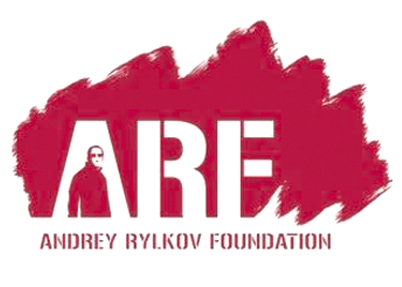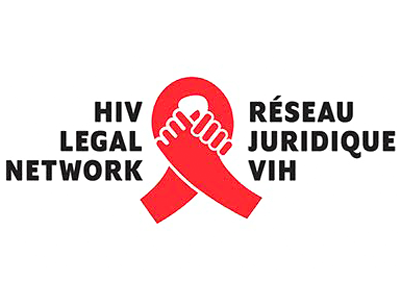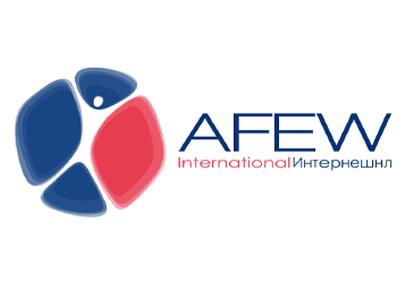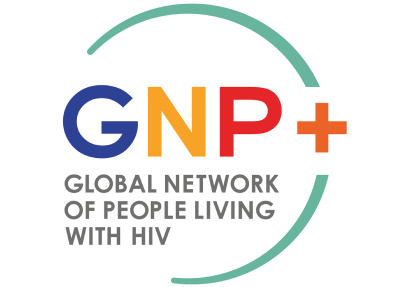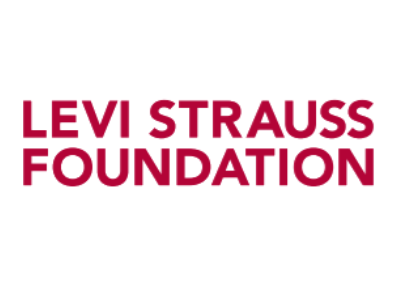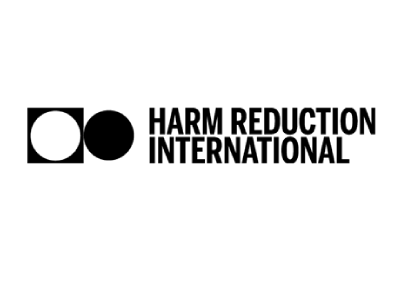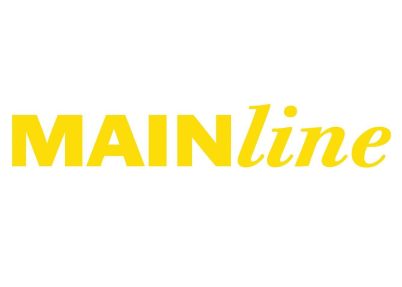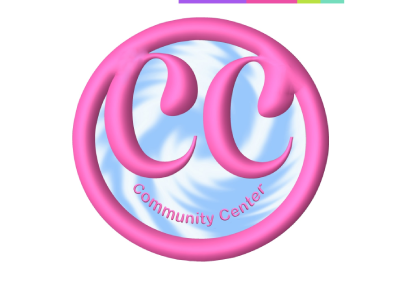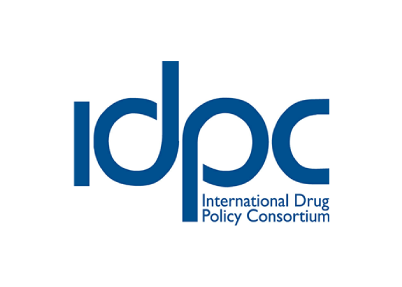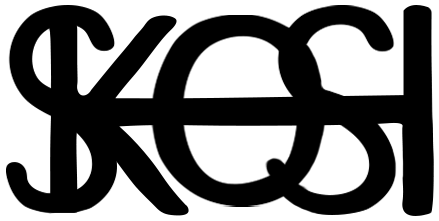
Promoting health and human rights of vulnerable groups through education and technologies

Promoting health and human rights of vulnerable groups through education and technologies
WHO WE ARE
Skosh is a not-for-profit organization with a goal to promote health, justice, dignity and human rights in the area of drugs and drug policy through education, networking, and technological innovation. The organization is based in the Netherlands but works internationally, focusing on Eastern Europe and Central Asia. It aims to support community organizations in access to the latest international science and best practices and empower their participation in knowledge production and innovation.
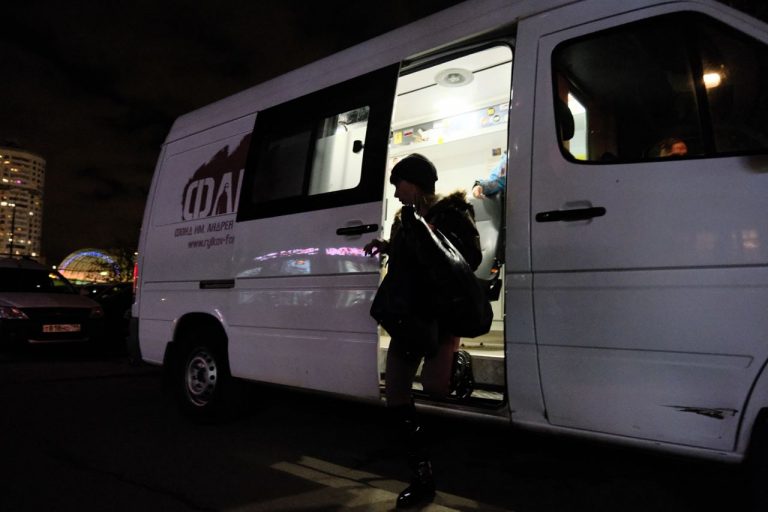
WHAT WE DO
EECA
Eastern Europe and Central Asia share a common history regarding drug policy dating back to the Soviet era. In many ways the approach towards treatment and service of the user is rooted in practices of those time. The collapse of Soviet Union pushed ex-member countries to follow independent paths, yet the approaches remain alike to this day. Many countries of the region are currently experiencing shrinking of the democratic spaces for the civil society. The financial resources are narrowing, the international aid ceases gradually, while the local support to evidence-based interventions, such as harm reduction programs is lacking. NGOs in the region are loosing access to information, exchange and education. Skosh aims to support activists and organisations in their innovative work, by providing access to the latest research and technology. Skosh helps carrying out small-scale projects, by supporting innovative and brave initiatives of organisations located in the EECA region, as well as internationally.
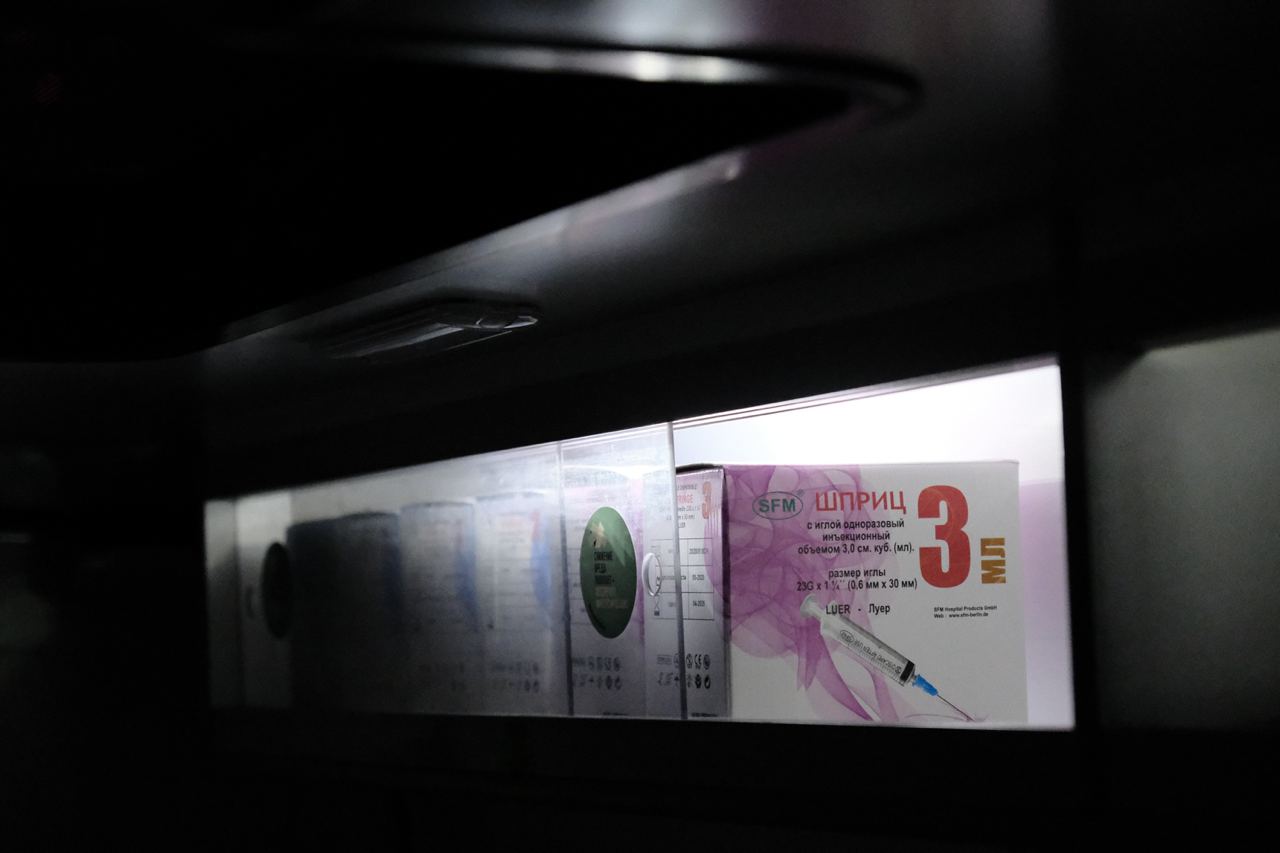
Drug Policy
Drug policy is one of the most controversial areas of public health and criminal justice globally. Currently, debates regarding illegal substance regulation are spurring all over the world. Countries come up with various solutions to this issue – such as legalising substances (such as marijuana in Uruguay and Canada), or making them available for medical purposes. In contrast, some governments decide on full prohibition and criminalisation of the people using them, while it is clear that this approach causes more harm as result. The creative work and exciting discussions surrounding models of regulation are at peak. We would like to contribute to these discussions – researching, exploring and proposing innovative practices, as well as including EECA regions where drug policy reform is low paced and silenced. Drug policy reform should aim at introducing new models of regulations, which prioritise; human rights, the well-being of individuals, and scientific progress.
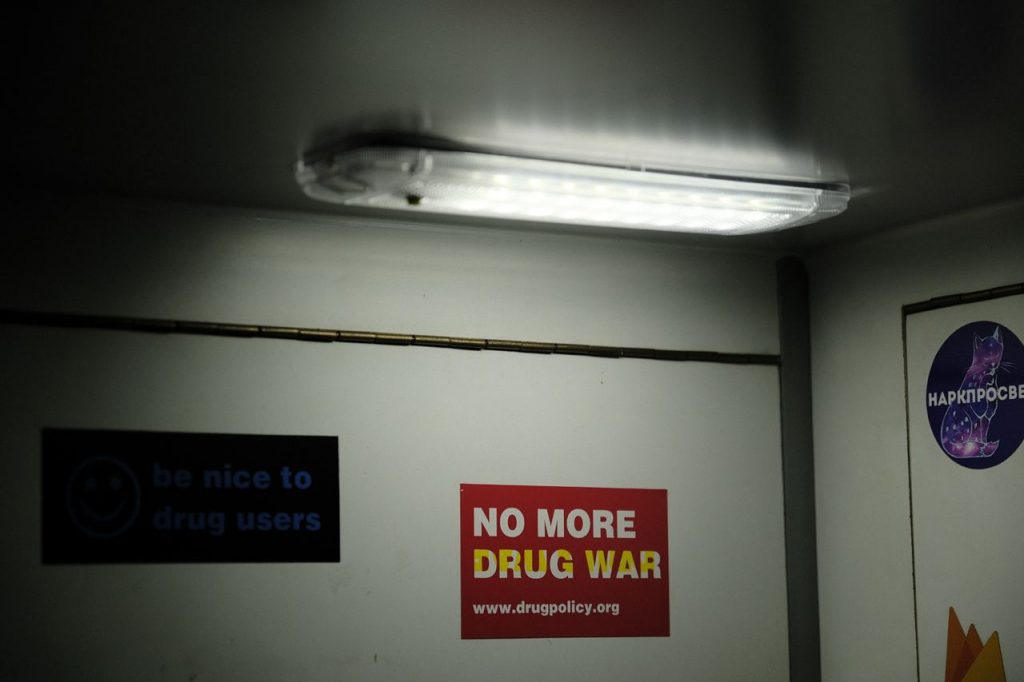
Technologies
At Skosh we believe that the rapidly developing technologies simplify access to health and human rights information, offering guidance and helpful tools. For marginalised populations such advances may compensate the lack of medical support, as well as combating diverse social stigmas. We consider that technological innovation should be more accessible to non-governmental organisations providing services for vulnerable and stigmatised groups – therefore, improving their operations, planning, monitoring and accountability. The latest developments in data science could become beneficial for academics and community researchers carrying out small-scale studies assessing the needs of their communities, and as result develop strategies to address them.
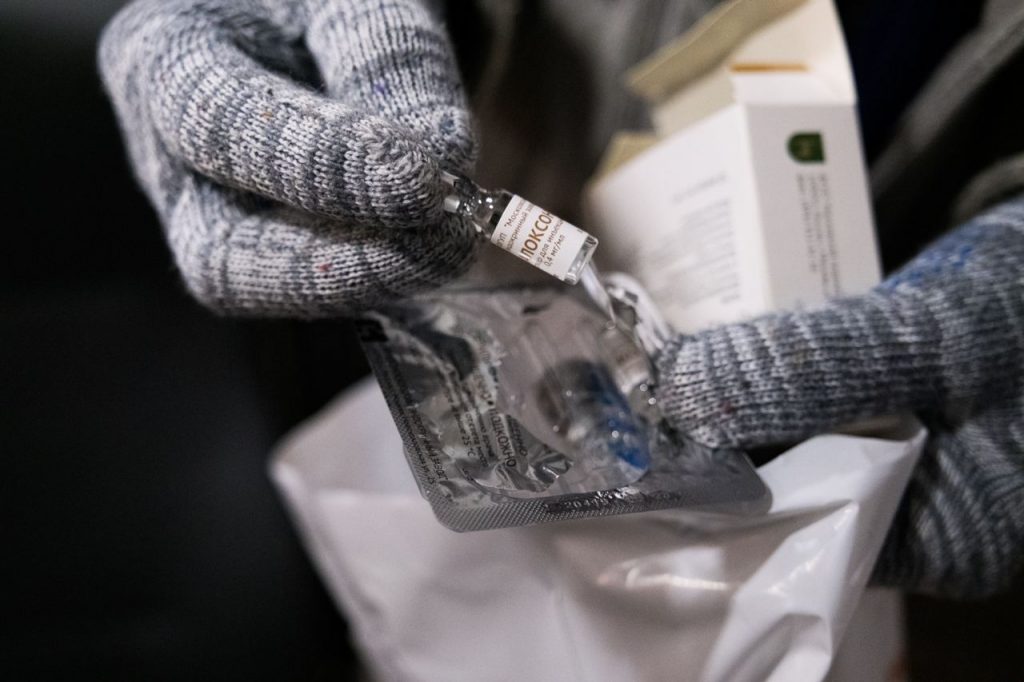
PROJECTS
Beyond Resistance - Russia
In our ‘Beyond Resistance’ initiative, we concentrate on supporting the crucial efforts of our sister organization, the Andrey Rylkov Foundation for Health and Social Justice, and other Russian NGOs and community groups. This direction prioritizes ensuring access to health services and protecting the human rights of the most marginalized and vulnerable groups in Russia, focusing on people who use illicit drugs, especially women. Amidst political suppression and societal neglect of these vulnerable populations, we work collaboratively to ensure access to health and advocate for a more humane, rights- and evidence-based drug policy under challenging conditions.
Projects in Eastern Europe and Central Asia
Migrants represent a vulnerable group with difficulties accessing health and human rights, but migrants who use drugs or are affected by HIV are especially vulnerable. SKOSH is commited to enhancing the health and well-being of these migrants, especially women, across Eastern Europe and Central Asia. By addressing critical health issues such as HIV, tuberculosis, hepatitis, access to drug treatment, gender-affirmative services and legal support we aim to bridge gaps in healthcare accessibility and knowledge. Through collaborative efforts with local community groups and international partners, we endeavor to provide migrants with the necessary tools and information to improve their health and protect their rights well-being in challenging environments. We also offer a technical support to organizations working with marginalized groups. This initiative aims to empower local entities through enhanced access to technology and specialized resources, enabling them to effectively serve and uplift their communities affected by drugs, HIV, health and legal problems.
Global Initiatives
SKOSH’s Global Advocacy for Humane Policy efforts are dedicated to raising international awareness about the damaging consequences of the War on Drugs, particularly in Russia and other authoritarian regimes. Amidst the increasing tendencies of undemocratic governments to suppress civil society and bolster autocratic rule, leveraging the outdated rhetoric of the War on Drugs, this initiative aims to highlight the severe impacts of harsh drug policies on vulnerable communities and their role in supporting dictatorships. Our goal is to advocate for a shift towards more compassionate, informed approaches that uphold human rights and are grounded in scientific evidence.
PARTNERS AND DONORS
Andrey Rylkov Foundation for Health and Social Justice (ARF) is a grass-roots organization from Moscow, Russia with the mission to promote and develop humane drug policy based on tolerance, protection of health, dignity and human rights. The Foundation engages in 4 key strategies to advance its mission: advocacy, watchdog, service provision and capacity building of affected communities and individuals.
Canadian HIV/AIDS Legal Network is Canada’s leading advocacy organization working on the legal and human rights issues raised by HIV and AIDS. The organization actively promotes the human rights of people living with and vulnerable to HIV/AIDS, in Canada and internationally, through research, analysis, public education and community mobilization. The organization was founded in Montreal, Canada in 1992 by human rights lawyers Ralf Jürgens, David Patterson, David Thompson and Norman Halde. It is currently located in Toronto, Canada.
AFEW International works in public health and contributes to a healthy society with healthy individuals and specifically healthy key populations at risk for HIV, tuberculosis, viral hepatitis and other public health concerns in Eastern Europe and Central Asia (EECA.) A healthy society contributes to a strong and stable EECA and results in the region with economic growth, political stability, a higher quality of life and the right to health for everyone. By providing support and empowering the societies in EECA, we contribute to better chances for all, and we support the future of the region.
GNP+, the Global Network of People Living with HIV, is driven by the experiences and priorities of its network members, advocating for improved access to HIV services through evidence-based advocacy. Centered on the meaningful involvement of people living with HIV, the organization works globally from its main offices in Amsterdam and Cape Town to ensure every individual living with HIV enjoys a life free from stigma and discrimination.
The Levi Strauss Foundation (LSF) is committed to supporting HIV/AIDS initiatives, channeling funds to programs that combat the epidemic and support affected communities. With a focus on innovative and impactful strategies, LSF aims to enhance the quality of life for people living with HIV/AIDS, while advocating for their rights and working to reduce stigma and discrimination associated with the disease.
Harm Reduction International (HRI) is a leading advocacy organization dedicated to promoting the rights and health of people who use drugs. Through research, advocacy, and capacity-building initiatives, HRI works globally to advance harm reduction policies and practices, aiming to reduce the negative consequences of drug use and enhance public health outcomes.
Mainline is a Dutch public health organization dedicated to improving the health and rights of people who use drugs. Through evidence-based interventions and advocacy, Mainline works both nationally and internationally to reduce drug-related harm and promote inclusive health policies.
Community Center serves as a hub for various activities, offering individual therapy sessions, support groups and a diverse array of wellness practices such as yoga and therapeutic activities. Embracing the power of community care, the Center collaborates with local harm reduction NGOs and Georgian specialists to provide essential mental health services and harm reduction initiatives to those in need.
The International Drug Policy Consortium (IDPC) is a global network that works collectively to promote person-centred, rights-affirming drug policies at the national, regional and international levels. The network is a strong, collaborative initiative and a trusted source of expertise on drug policy reform.
